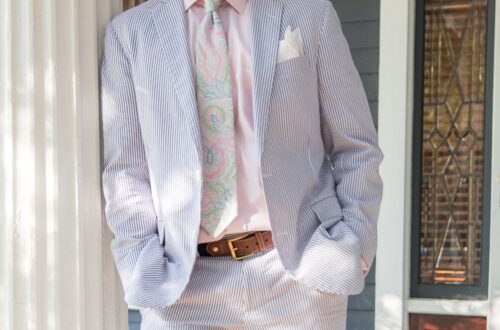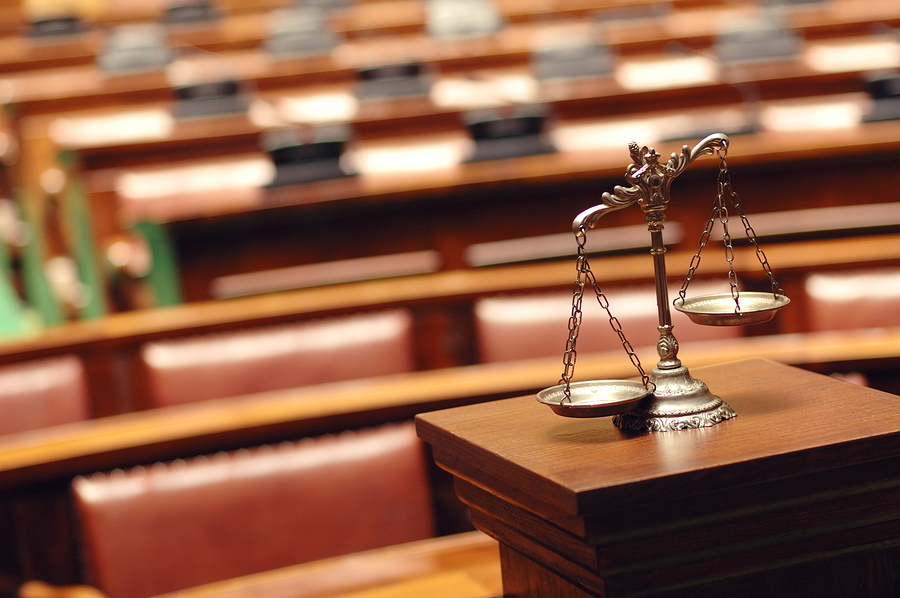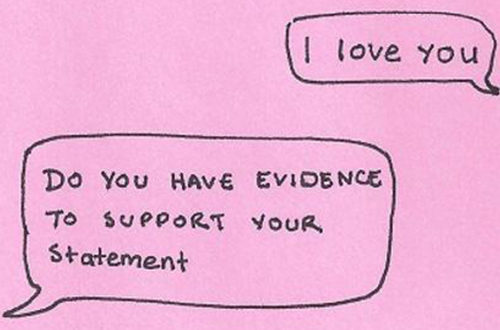To bring a lawsuit in the United States, one must have “standing.” This legal principle essentially requires the person or company filing a lawsuit have an interest in a dispute. That interest could involve a piece of property subject to an easement, a Constitutional right, or an injury suffered at the fault of another. In an ongoing U.S. Court of Appeals case nicknamed the “monkey selfie” case, defense attorney Andrew Dhuey argues a monkey cannot satisfy the requirement of standing, saying, “monkey see, monkey sue is not good law – at least not in the Ninth Circuit.” Despite the fact that the case was dubbed the Most Ridiculous Lawsuit of 2015 by the U.S. Chamber of Commerce, it does help illustrate the principles of legal standing for potential plaintiffs who are evaluating the merits of their case.
In the simplest terms, standing requires some sort of injury, whether physical or economic, as a basis for suing another individual or entity. Essentially, a plaintiff must have an actual stake in in the matter to bring suit. Parties can also be considered to have standing if a legislature has carved out a basis for it. The “monkey selfie case” involves an Indonesian monkey named Naruto. The disagreement is over whether the monkey and People for the Ethical Treatment of Animals (“PETA”), as its “next friend,”[1] have standing to sue over a series of photographs the monkey took of himself and wildlife photographer David Slater.[2] In this case, counsel for Mr. Slater argues the monkey does not have standing to sue because Congress has not plainly stated that animals can sue. When the court agreed that the there was no Congressional legislation authorizing animals to have standing on trademark grounds, the monkey’s only resource was for PETA to argue they can sue on the monkey’s behalf as Naruto’s “next friend.”
A next friend is a person who brings a lawsuit on behalf of someone who cannot bring the suit themselves. In this case, it is because the “person” is actually a monkey. Under normal circumstances, a next friend is substituted for someone who is disabled or a minor. A next friend is usually a parent, family member, or anyone else with a significant relationship to the plaintiff. A next friend is not necessarily a disabled or minor person’s guardian or power-of-attorney, though often that is the case.[3] In the monkey selfie case, the defense attorney recently argued PETA does not have standing as a next friend because, while it is clearly passionate about animal copyright issues, it does not have a “significant relationship” with the particular monkey in question.
Outside the animal kingdom, a court will likely dismiss a case for lack of standing in the following contexts:
- General taxpayer standing – a plaintiff attempts to sue on behalf of a large amorphous group of people who may or may not have actually been injured by a government policy. In a freedom of speech case, the parents of students suspended for wearing armbands in protest of the Vietnam War, had standing to sue, but not the general members of the public who were not subject to any penalties for voicing their opposition to the war.[4] However, in some Constitutional cases, the Supreme Court has found that if a law has a “chilling effect” on an aspect of free speech, standing might be more generalized.
- Zone of Interest or Zone of Injury – the law serving as the basis for the suit was not designed to protect the particular plaintiff. If a state law requires all tiger owners to have licenses for their tigers and a person has a severe allergic reaction to an unlicensed tiger, the person cannot sue based on the licensing requirement because the requirement was not designed to protect those with tiger allergies.
- Actual Injury – a plaintiff who was not actually injured – unless that plaintiff has next friend status – will not have standing. If a chimpanzee kept as a family pet ingests pharmaceutical medication, goes on a rampage, and severely maims a visitor to the property, that visitor has standing to sue, but the person across the country who listened to the 911 call on the Internet four years after the attack was not actually injured, and has no standing to sue the owner of the chimpanzee.
Filing a lawsuit without proper standing can result in dismissal and is, generally, a waste of both sides’ time and money. If you have questions or concerns about whether you have standing in a particular case, it is a good idea to speak to an experienced attorney for a legal opinion before attempting to file suit yourself.
For more information, please visit us at https://lindleylawoffice.com/contact_us.php.
[1] “Next friend” should not be confused with “Friend of the Court” or Amicus Curiae which is a person who files an amicus brief in order to express an opinion on a case of which they are not a party.
[2] There is further controversy about whether Naruto took the picture or whether it was a female monkey named Ella.
[3] For more about guardians, please visit https://lindleylawoffice.com/blog/2015/08/19/guardianship-proceedings-in-north-carolina/
[4] Tinker v. Des Moines Independent Community School District, 393 U.S. 503, 89 S.Ct. 733, 21 L. Ed. 2d 731 (1969).



